From the moment when the first known Neanderthal skeleton was discovered in modern-day Germany in 1856, our understanding of these ancient ancestors has been a work in progress. And, as this instalment of the YouTube series Howtown explores, these decades of archaeology and scientific research have forced an important, ongoing conversation about how we understand ourselves. First, the hosts Adam Cole and Joss Fong provide a brief history of Neanderthal discovery, as well as a rundown of how contemporary scientists view the Neanderthals’ place in evolutionary history today. Then, speaking with a series of experts, Cole takes a detailed dive into how, exactly, scientists arrived at the growing consensus that human-Neanderthal interbreeding means that there’s a little bit of Neanderthal in everyone’s family tree.
Why it took a century to work out that humans interbred with Neanderthals
Video by Howtown
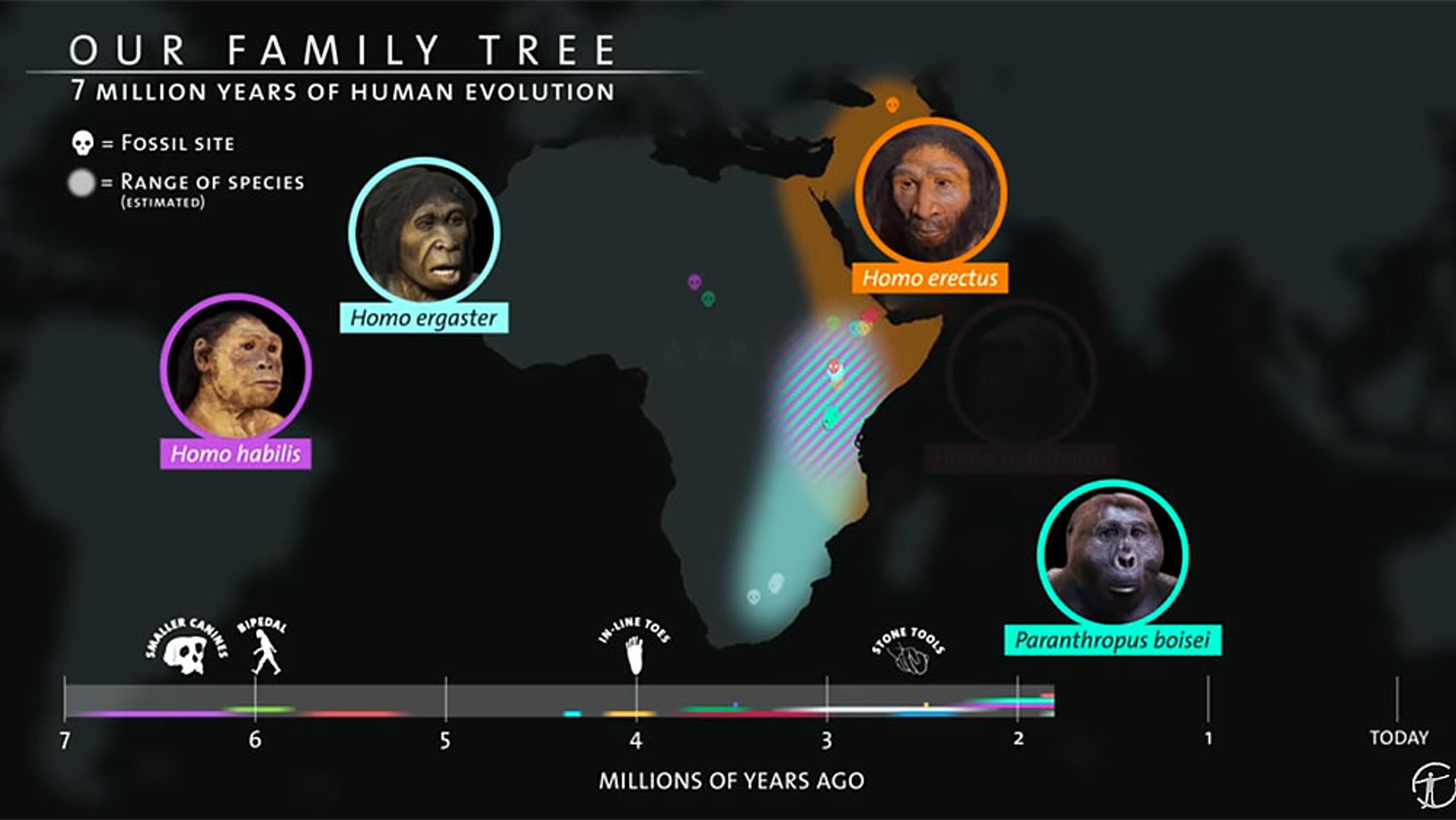
videoHuman evolution
Last hominin standing – charting our rise and the fall of our closest relatives
6 minutes
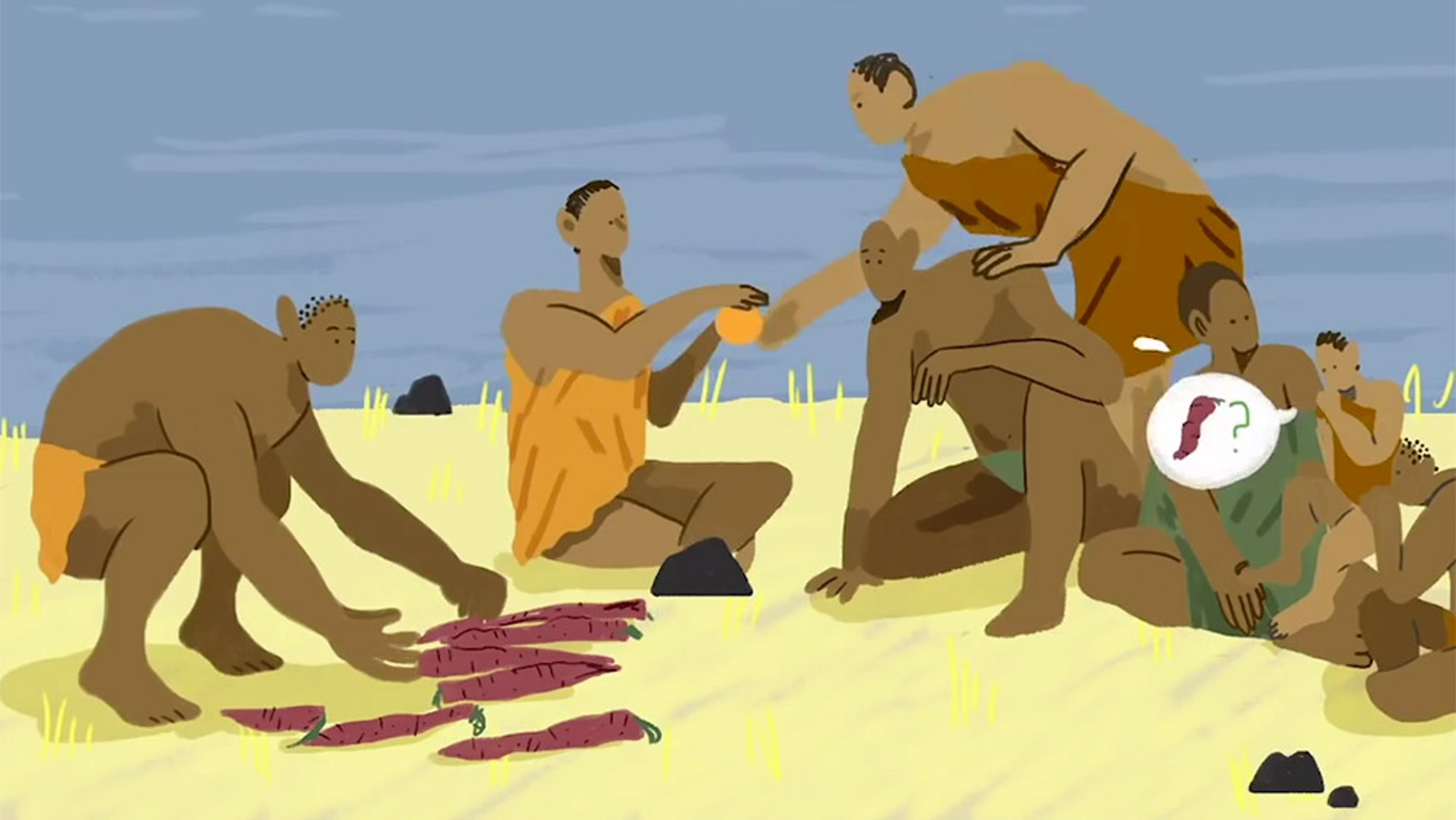
videoHuman evolution
Could grandmotherly love help to explain how we became human?
3 minutes

videoAnthropology
How footprints trapped in time unlocked a mystery of early hominids
8 minutes
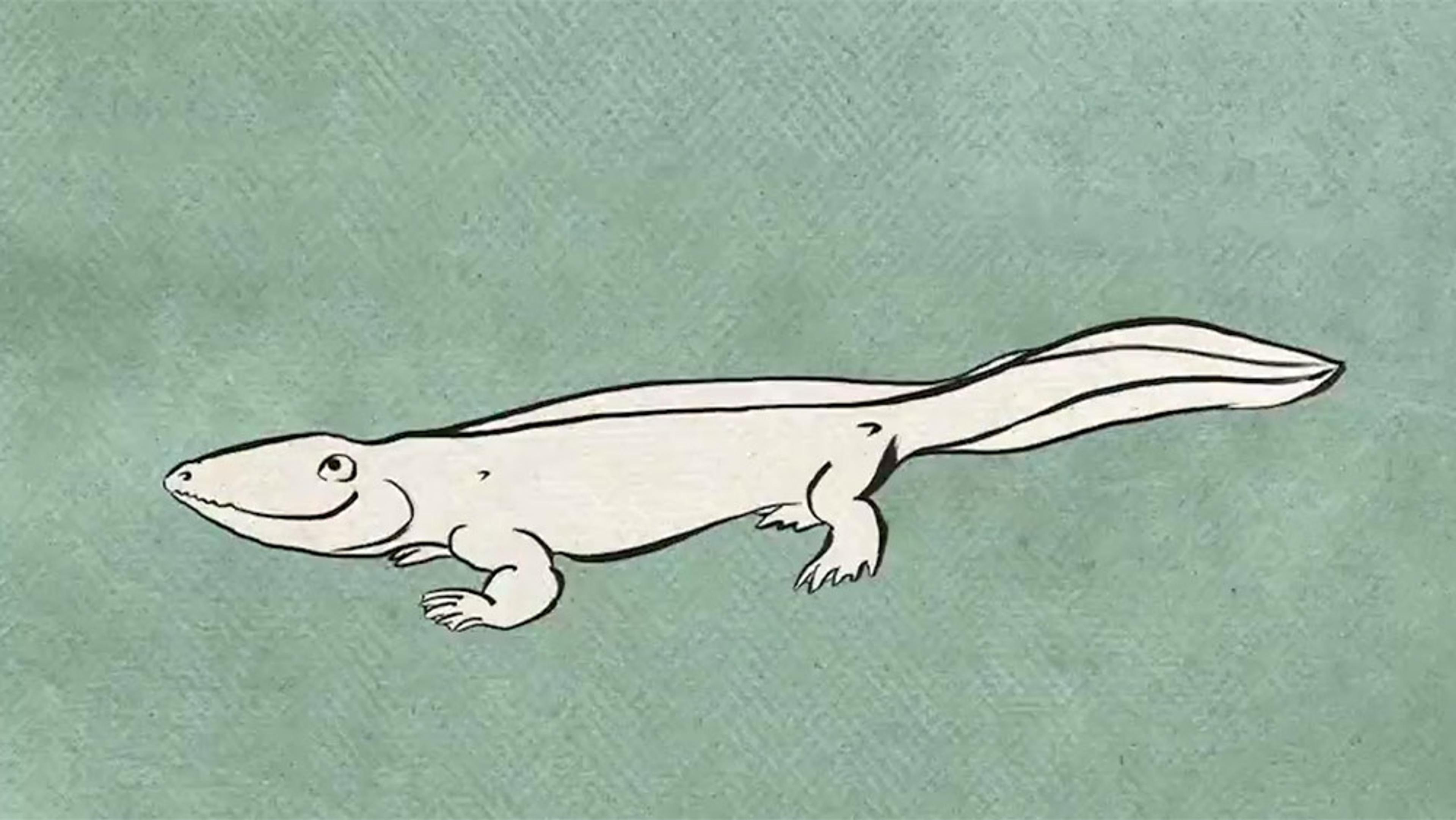
videoHuman evolution
Human to fish, and back again: a brisk walk through our evolutionary history
1 minute

videoHistory of science
The ‘dangerous nonsense’ of phrenology shows how pseudoscience takes hold
4 minutes
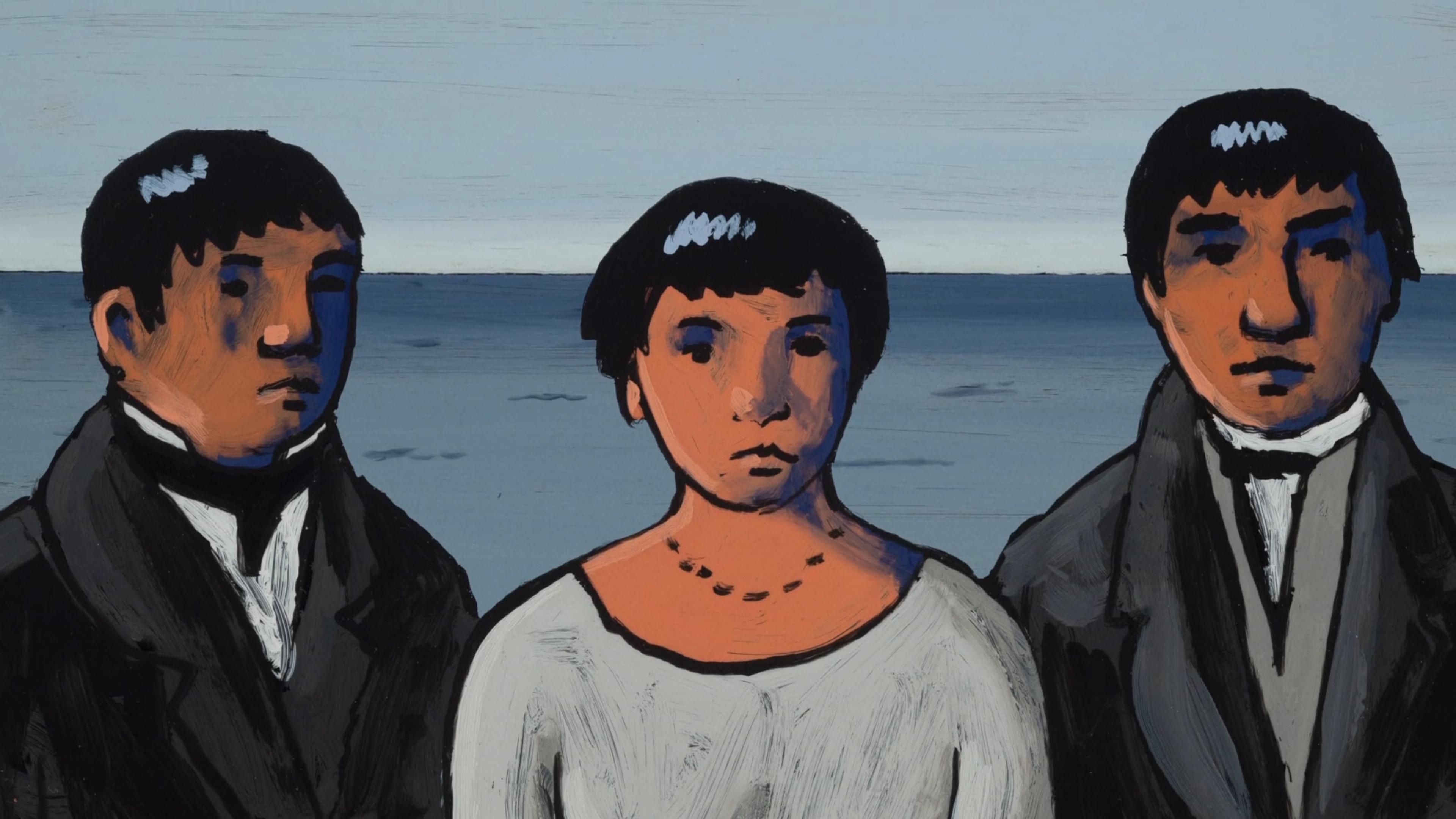
videoGlobal history
The story of the captives transported on the HMS Beagle with Darwin
9 minutes
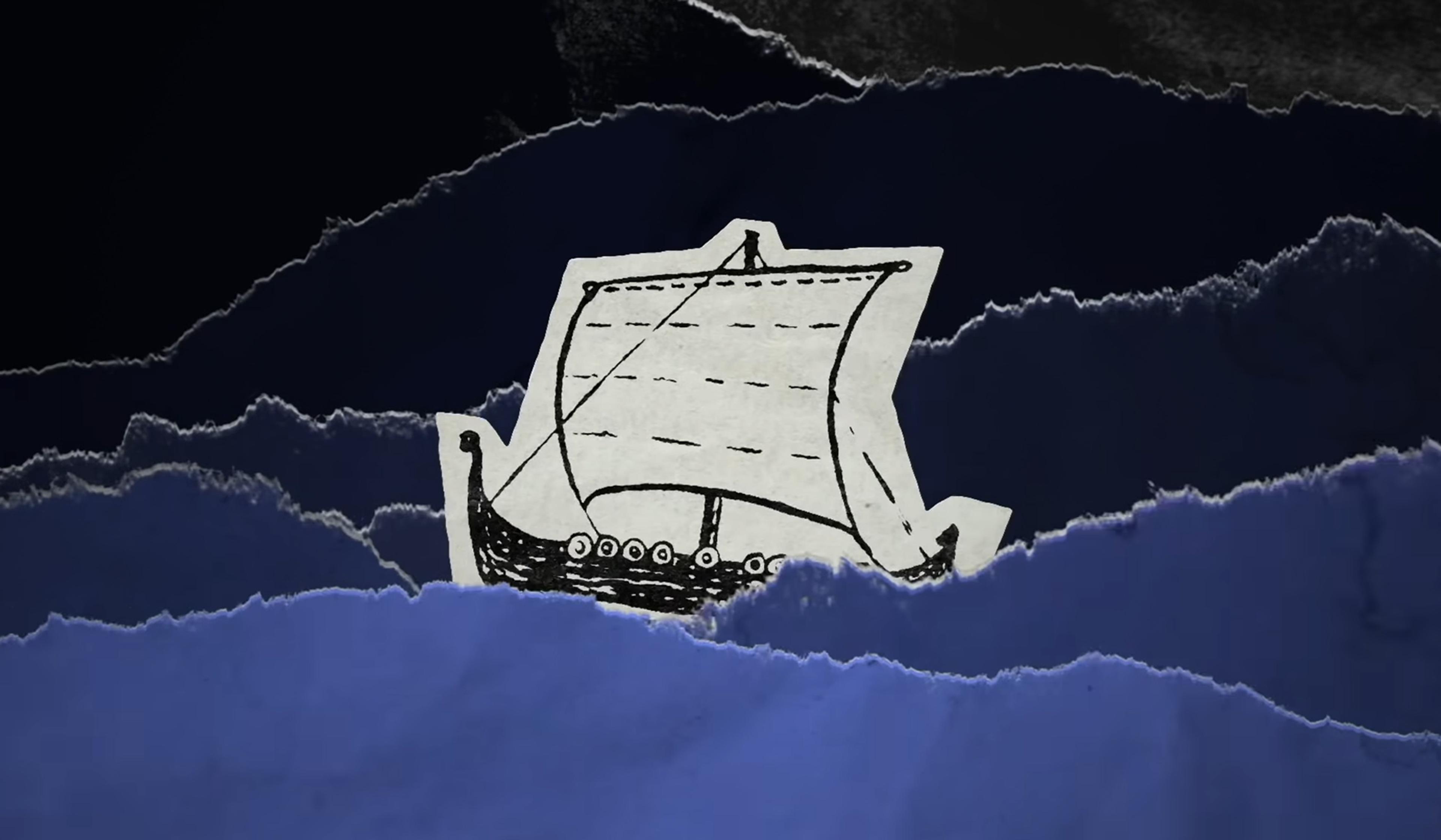
videoArchaeology
A Viking axe struck a Newfoundland tree in the year 1021. Here’s how scientists proved it
7 minutes

videoPhilosophy of science
What toddlers can teach us about how the human brain does science
10 minutes

videoArchaeology
At a prehistoric pigment mine, researchers glimpse our earliest moments in the Americas
25 minutes